Shijie Qiu
MomentsNet: a simple learning-free method for binary image recognition
Feb 22, 2017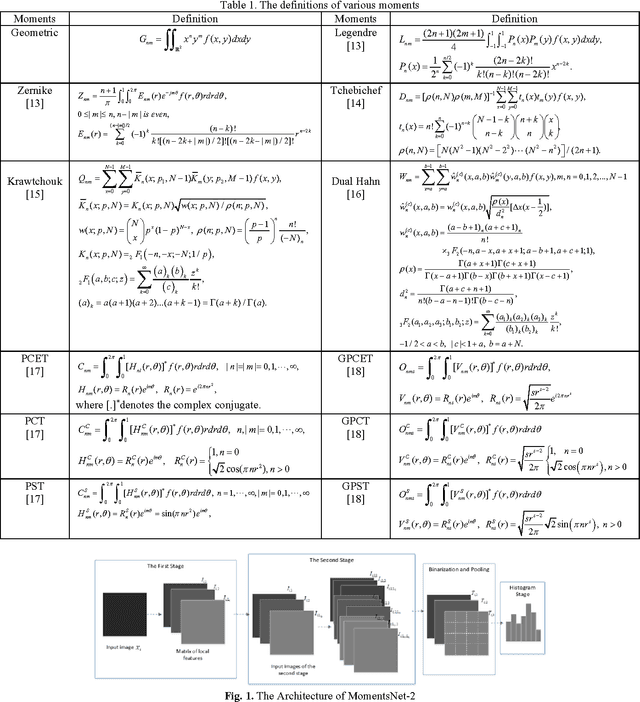
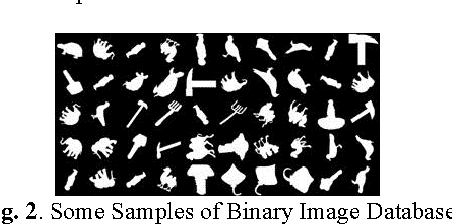
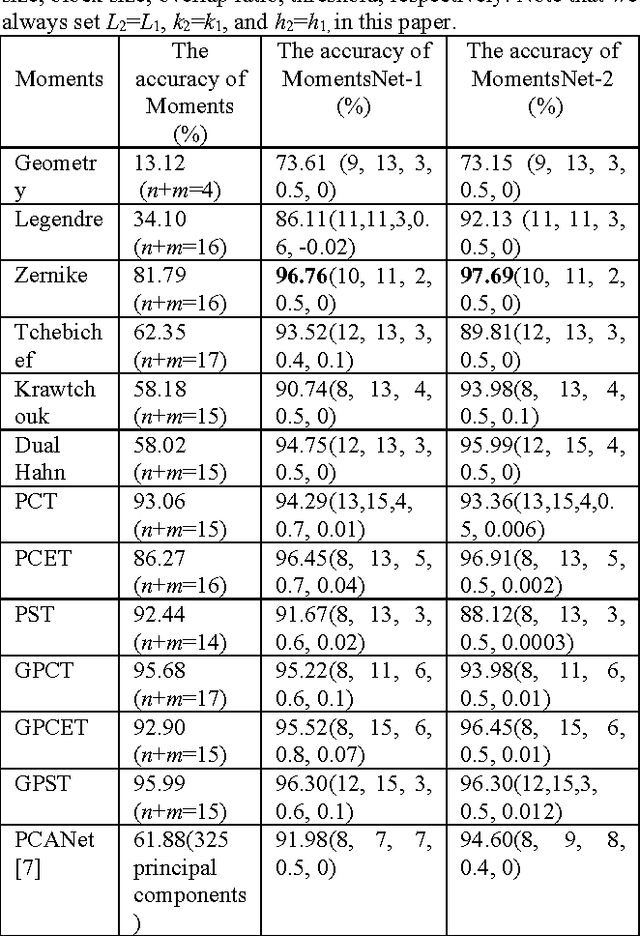
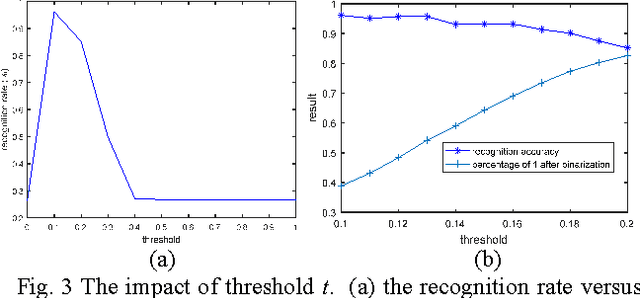
Abstract:In this paper, we propose a new simple and learning-free deep learning network named MomentsNet, whose convolution layer, nonlinear processing layer and pooling layer are constructed by Moments kernels, binary hashing and block-wise histogram, respectively. Twelve typical moments (including geometrical moment, Zernike moment, Tchebichef moment, etc.) are used to construct the MomentsNet whose recognition performance for binary image is studied. The results reveal that MomentsNet has better recognition performance than its corresponding moments in almost all cases and ZernikeNet achieves the best recognition performance among MomentsNet constructed by twelve moments. ZernikeNet also shows better recognition performance on binary image database than that of PCANet, which is a learning-based deep learning network.
PCANet: An energy perspective
Mar 03, 2016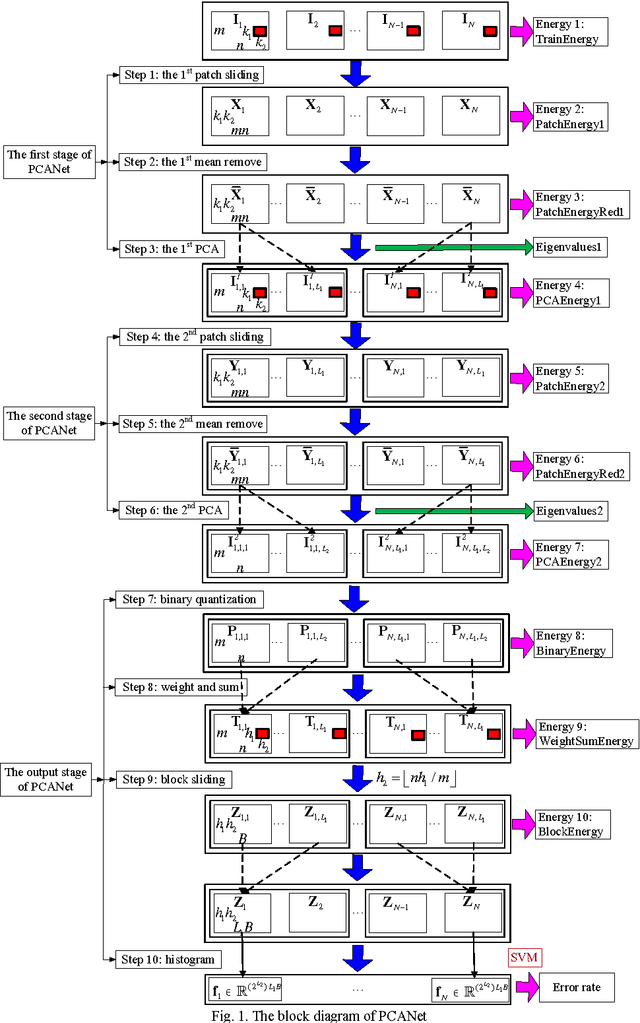
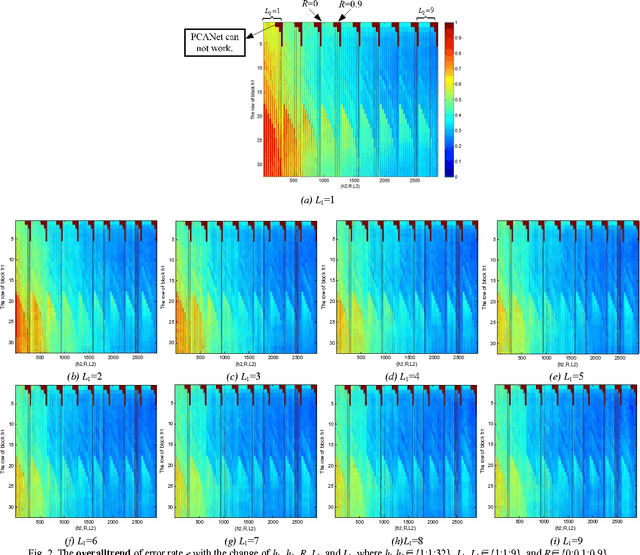
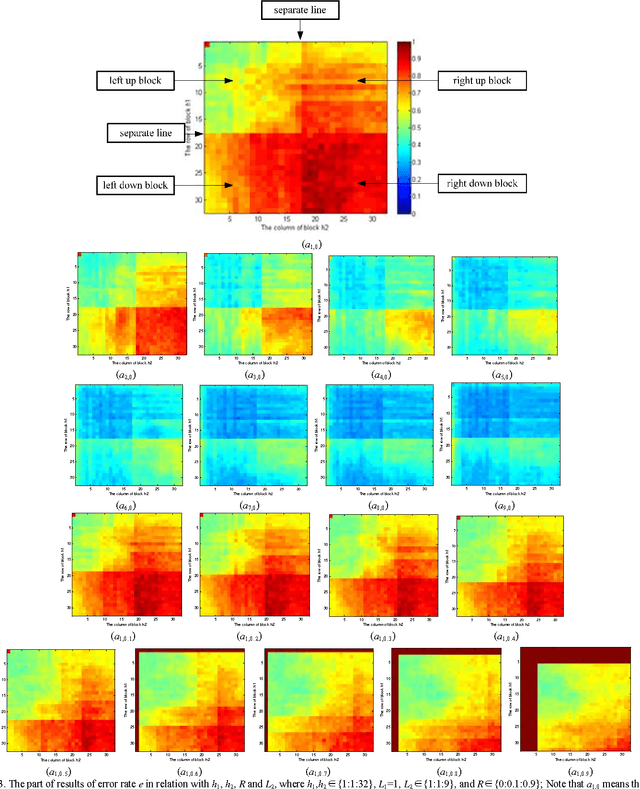
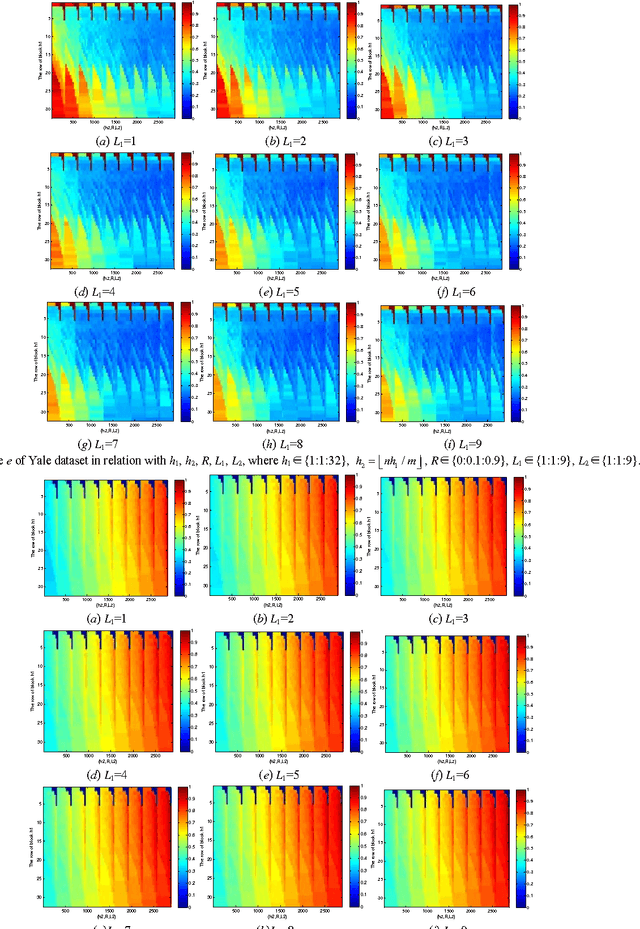
Abstract:The principal component analysis network (PCANet), which is one of the recently proposed deep learning architectures, achieves the state-of-the-art classification accuracy in various databases. However, the explanation of the PCANet is lacked. In this paper, we try to explain why PCANet works well from energy perspective point of view based on a set of experiments. The impact of various parameters on the error rate of PCANet is analyzed in depth. It was found that this error rate is correlated with the logarithm of energy of image. The proposed energy explanation approach can be used as a testing method for checking if every step of the constructed networks is necessary.
 Add to Chrome
Add to Chrome Add to Firefox
Add to Firefox Add to Edge
Add to Edge